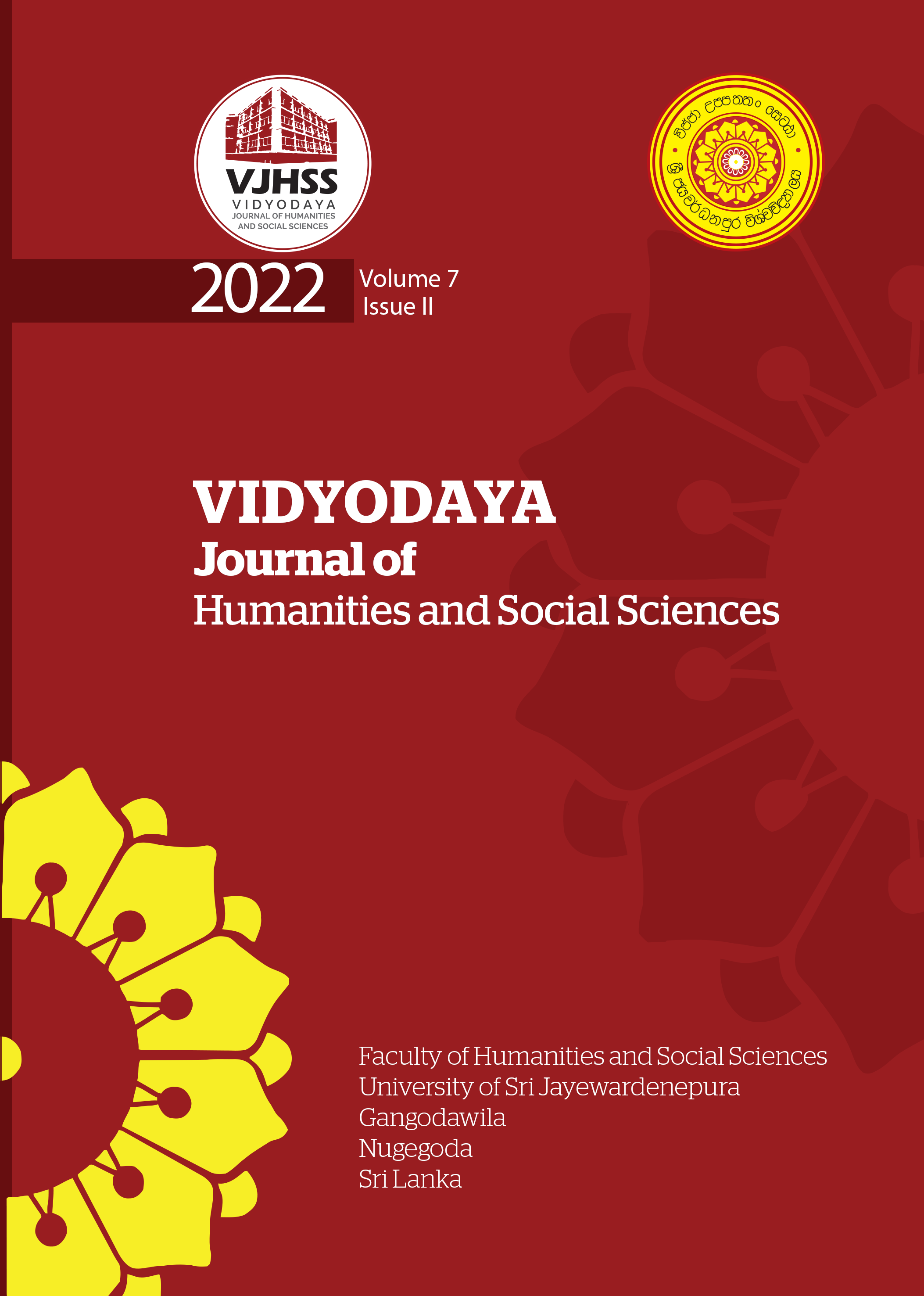Regional Security Perspectives in South Asia: Indo-Pakistan Rivalry
Abstract
Inter-state and intra-state conflicts emerged with political, social, and economic factors which increasingly contributed to security dilemmas at global and regional levels. This study investigates the regional security issues which have emerged through the Indo-Pakistani conflict in South Asia. In order to obtain the data for this study, secondary qualitative data and information based on an archival research methodology were used. Books, journal articles, research papers, official websites, and e-Newspapers were incorporated into this archival research. According to this study, the first and second Kashmir wars, the 1971 conflict, the Kargil conflict, the attack on the Indian Parliament, the 2002 Military Standoff, the Mumbai Terror attack, and the Surgical Strikes carried out by India have all contributed to the gradual development of the Indo-Pakistan war, which has led to current concerns about regional security. Interstate strife and tension, hostility between nations, mutual mistrust and animosity posed by terrorism, religious extremism, nuclearization, and economic and political instability have all intensified due to security concerns posed by the Indo-Pakistan rivalry. Finally, as an effort to address these security issues related to the Indo-Pakistani wars, this study has proposed the establishment of a ‘South Asian Regional Security Cooperation’. This proposed Cooperation will be treated under four basic regional security corporation models: alliances, collective security, security regimes, and security communities to reinforce regional security in South Asia.



